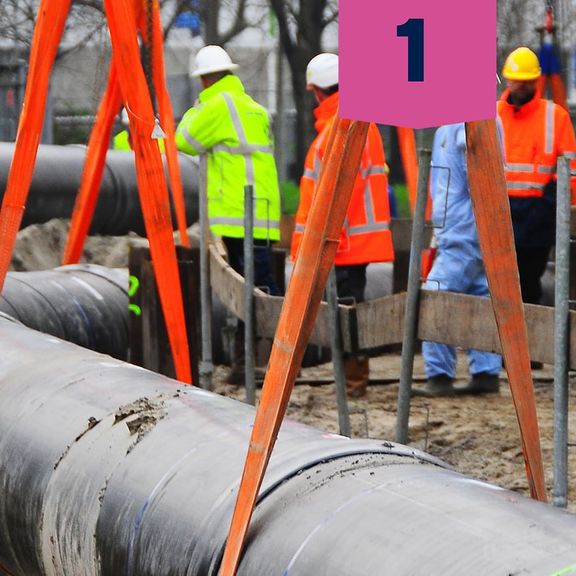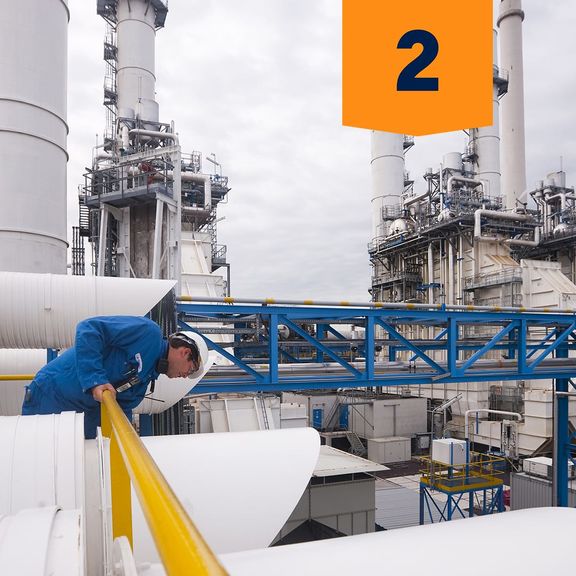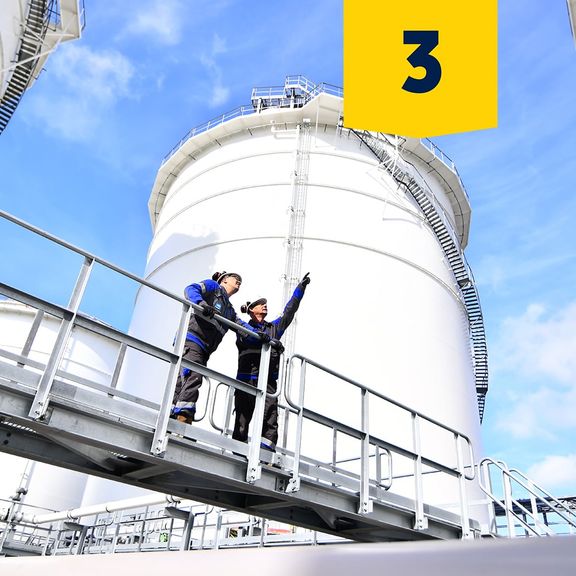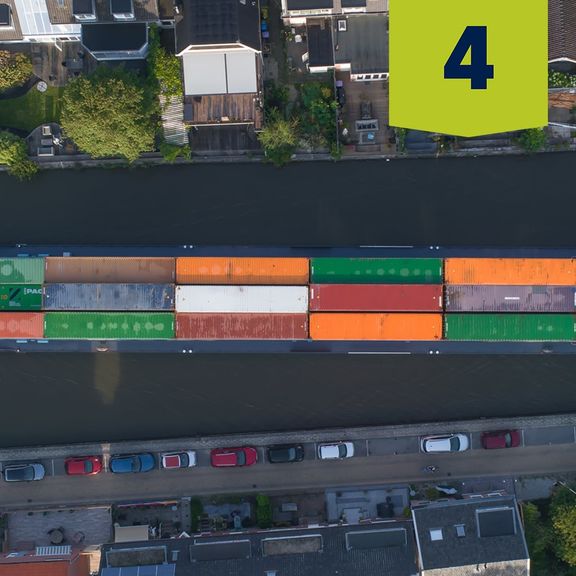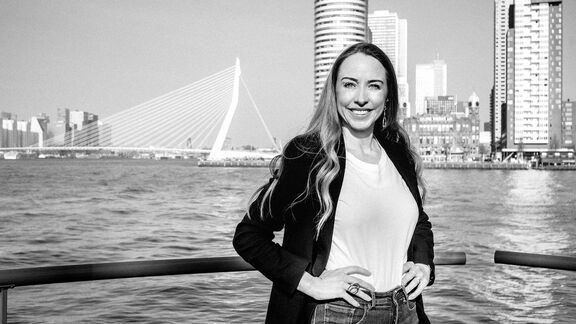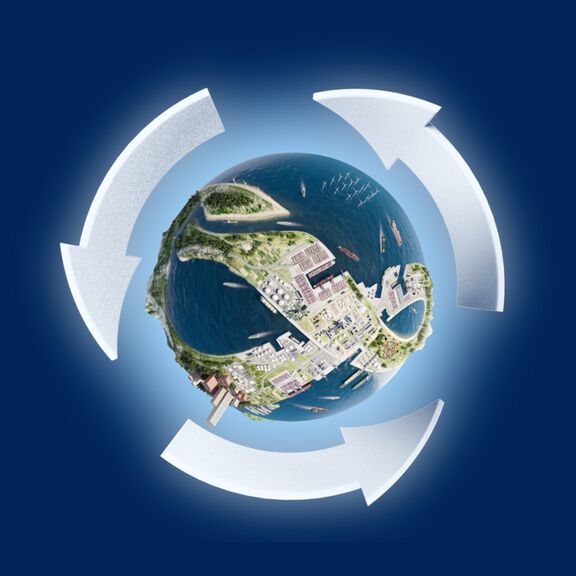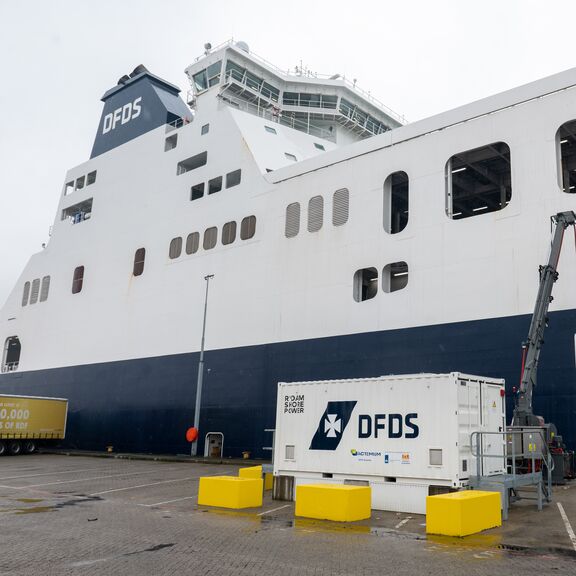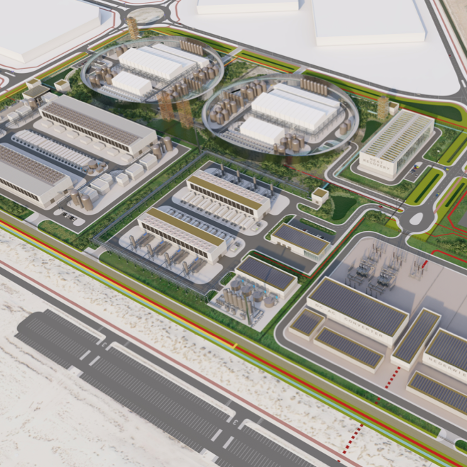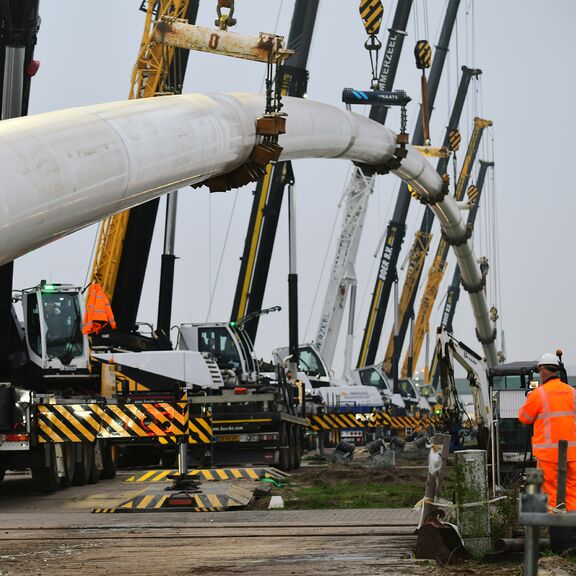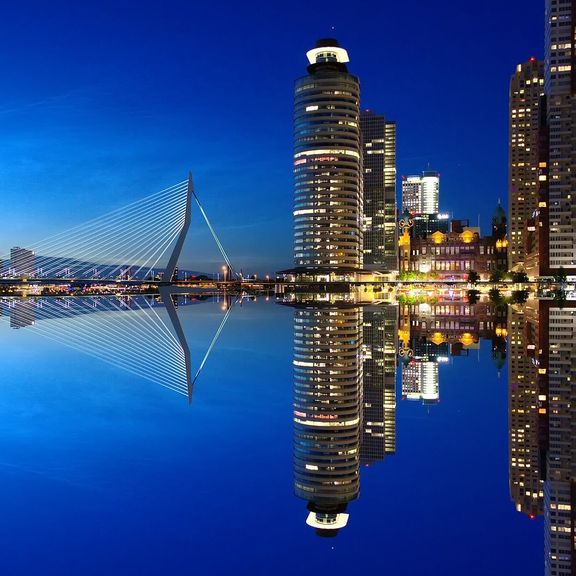
Energy transition
Towards a CO2 neutral port
The Port of Rotterdam Authority collaborates with companies in the port and the government on a future-proof port with net zero CO2 emissions. That demands a change to an energy system based on fossil energy to a circular economy. To achieve that, work is being carried out on more than 80 projects in the port based on four strategic pillars.
4 pillars
The Port of Rotterdam Authority’s strategy towards a CO2 neutral, circular economy rests on four pillars. Read here what each pillar entails.
The hydrogen system is taking shape
Learn more about 12 hydrogen projects we are working on with our partners. Despite challenges posed by increased costs and economic uncertainties, the system is steadily taking shape! On the map below we give an insight into all energy transition projects in the pipeline.
Making waves
In this series, you’ll hear from people who are committed to a smart and sustainable port of Rotterdam and our planet as a whole. Let them inspire you and help make that a reality.
‘We must not take our prosperity for granted’
For a year now, she's been at the helm of the container business team at the Port of Rotterdam Authority and loving every minute of it: Hanna Stelzel is committed to creating a seamless supply chain and raising awareness about the prosperity that containers bring us every single day. ‘We can’t take anything for granted.’
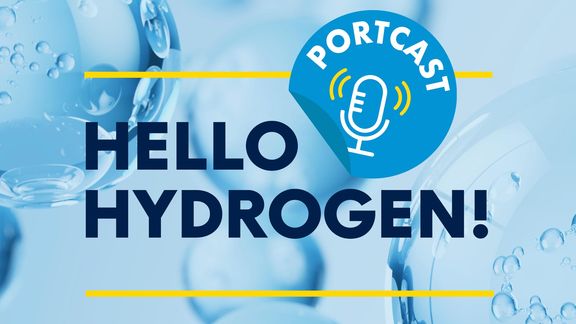
HELLO HYDROGEN!
Welcome to Europe’s Hydrogen Hub. In the podcast series Hello Hydrogen, host Celwin Frenzen dives into the world of hydrogen, which is coming to life in Rotterdam.
GREEN CARPET TO THE FUTURE
We are happy to roll out the green carpet for entrepreneurs in the port of Rotterdam with sustainable initiatives. Check out, read and let the stories inspire you.
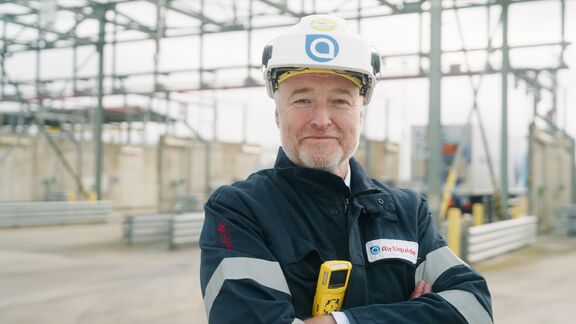
HIGHLIGHTED
More information? Contact:

